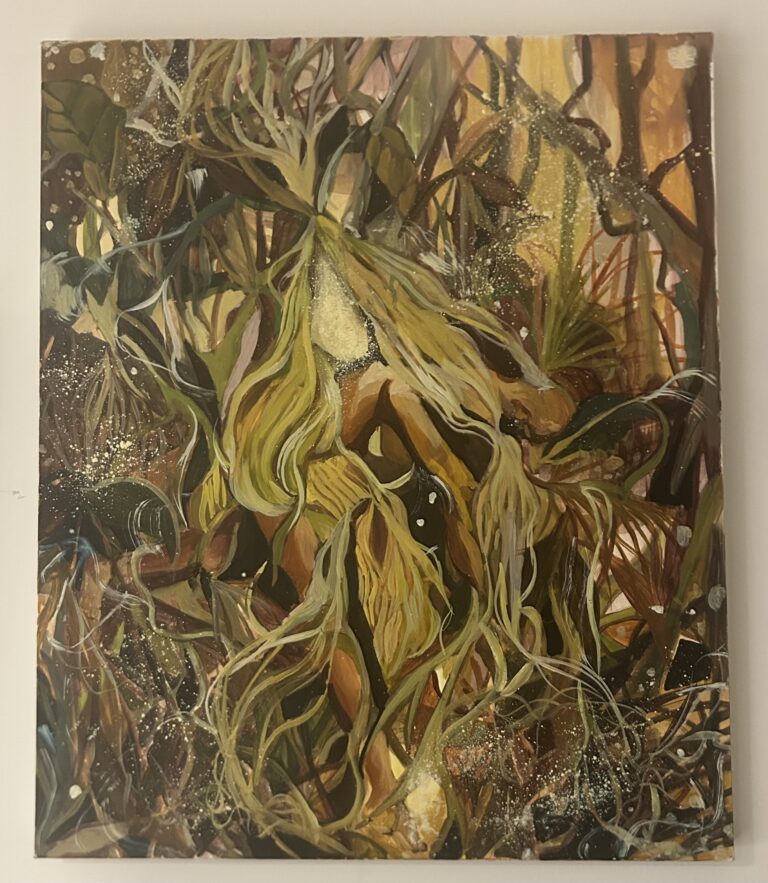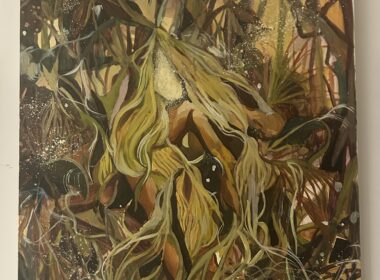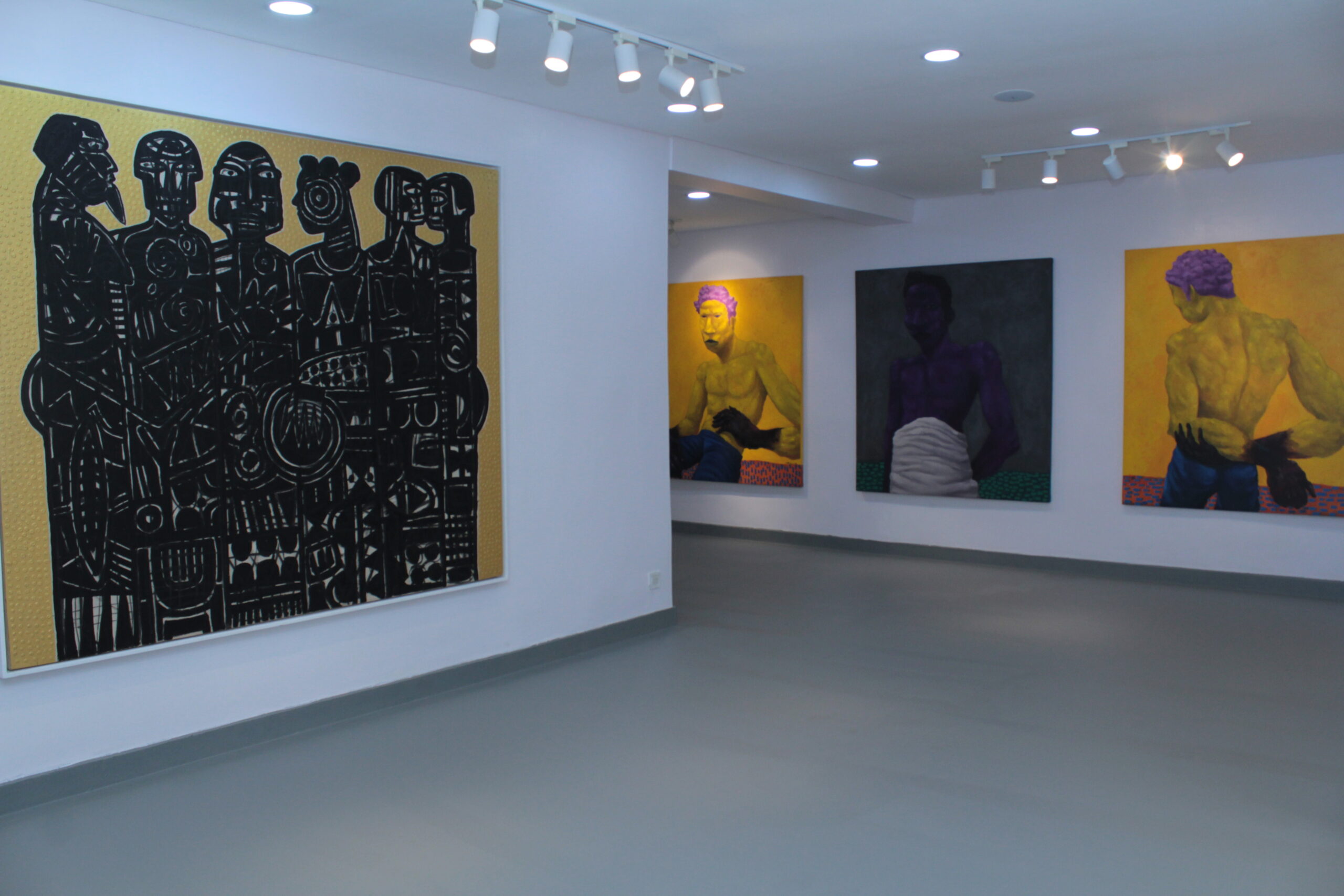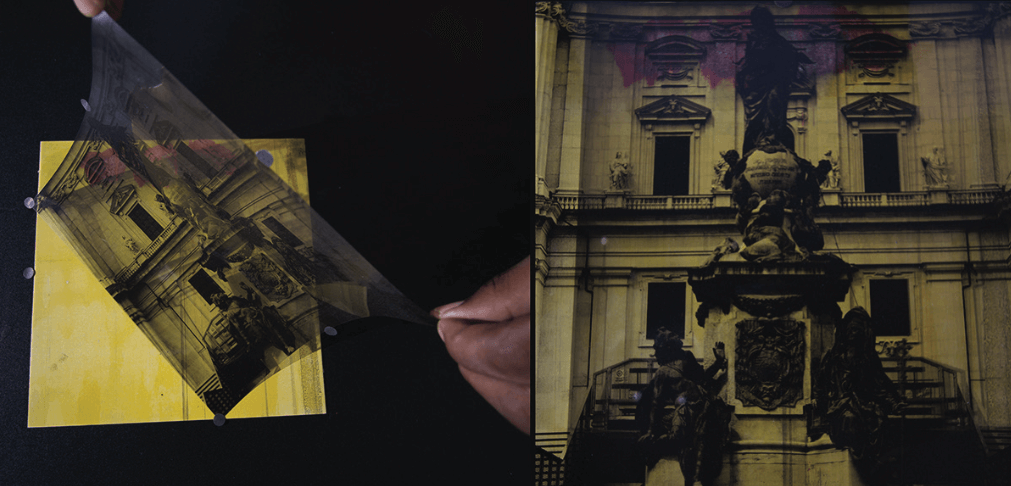Rhode Island School of Design is a global leader in art and design education with a distinguished history of excellence in teaching and a rigorous educational model that encourages creative experimentation and risk-taking. RISD is committed to the development of global learning opportunities, programs and partnerships that support the challenges, meanings and importance of art and design in a global context, and prepare creative agents for a changing world.
In summer 2018, RISD is offering a series of seven RISD faculty-led creative and culturally immersive courses in diverse locations across Europe, Africa and Asia. Global Summer Studies courses are open to students, artists and designers of all disciplines and backgrounds.
Each course is worth three RISD credits. Registration is open until April 8, 2018. Additional information and registration: gpp.risd.edu/summer
RISD in Rome: Color, Light, Form – Painting from Observation
June 6–27, RISD-in-Rome Site
Susan Doyle, head of the Illustration department, will teach students to capture the art, culture and life of Rome by painting from direct observation. Through studio and field-based classes, students will learn principles of color theory and oil painting while creating small-scale compositions that capture essential properties of light, color and form.
RISD in Rome: Artistic Practice in Public Space
June 29–July 19, RISD-in-Rome Site
Paul Soulellis, assistant professor of Graphic Design, will lead a collaborative investigation into new ways to make poetic work in response to place. The wild urban landscape of Rome and its vibrant artists’ community will form the backdrop for on-site experimental making, engaging with the public and “performing publishing.”
South Africa: Art and Science of Conservation
June 17–July 7, Kruger National Park, Hoedspruit, Pretoria, South Africa
Lucy Spelman, lecturer in Liberal Arts and one of 200 board-certified zoological medicine specialists in the world, will lead students in exploring how arts, humanities and sciences can be brought together in order to promote biodiversity. Students will visit South African game reserves, eco lodges and urban environments and explore ways to use their art and design skills to improve conservation outcomes.
London: Urban Utopia
July 8–29, London, England
Elettra Bordonaro, a critic in the Architecture department, will focus on issues of urbanity in London and its surrounding areas as a basis for developing lighting design interventions in the public sphere. Held in collaboration with research group Configuring Light at London School of Economics, the course will explore key elements of social life in such neighborhoods as Thamesmead, where urbanity has been explored from utopian visions of the ’60s and ’70s through the idea of POPS (privately owned public spaces).
Tokyo: Bike Building
July 20–August 11, Tokyo, Japan
Khipra Nichols, associate professor of Industrial Design, will teach students to design and build bicycle frames custom-fit to their bodies. Hosted by the Tokyo College of Bicycle Design, students will practice the traditional Japanese, brazed chromoly steel, handmade bike building process via an apprenticeship approach to learning.
Ireland: Illustrating Irish Myths and Legends in the Burren
June 16–July 14, The Burren, Dublin, Aran Islands, Ireland
Robert Brinkerhoff, dean of Fine Arts and longtime Illustration department faculty member, will explore the Irish myth and legend as fodder for illustrated work. Hosted by the Burren College of Art, students will engage in studio practice inspired by the unique landscape of the Burren, the remote landscape of the Aran Islands and Dublin’s vibrant art scene.
Denmark: Danish Design Workshop
June 11–30, Copenhagen, Denmark
Nathaniel Smith, faculty in Furniture Design, will lead an immersive studio that explores the world of new Nordic design. Students will study the historical and current influences that helped create a culture integrating design and sustainability into daily life. Discussions and field trips will explore the influence of Danish design upon architecture, city planning, lighting, ceramics and textiles design.










